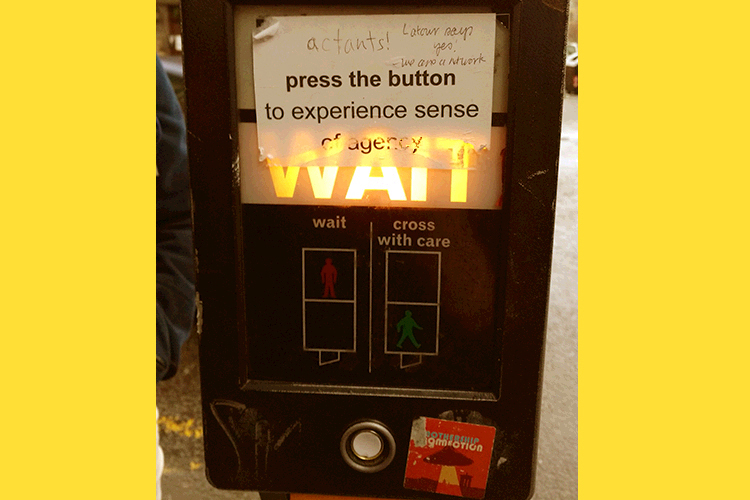Research on Big Data Analytics in marketing
Congratulations to Dr Roger von Laufenberg following the successful defence of his thesis!
In PhD research funded by the Big Data Surveillance project, Dr von Laufenberg focuses on big data analytics (BDA) in marketing, specifically how BDA is used to conceptualise consumers. He considers interviews with marketers and analysts, case studies, and participant observations at industry conferences. His reflections draw on actor-network theory, as well as theories from critical marketing studies and science and technology studies.
The work shows how marketers are not satisfied with approximate, imagined conceptualisations of consumers. Instead, they are looking for exact data doubles, something they hope to achieve through BDA, which is expected to create an exact knowledge about consumers. The research indicates that, on the contrary, in practice BDA should be considered a sociotechnical assemblage which produces knowledge containing inaccuracies, errors, and uncertainties.
Dr von Laufenberg writes:
Knowledge is not just discovered but is the outcome of a co-production that involves different individuals, teams, normativities, and technologies. Hence, knowledge is never an exact representation of reality, irrespective of its methods of production. Consequently, consumer conceptualisations expected to be exact data doubles cannot be attained. Instead, postulations are established that are believed to be accurate, without having actual proof.
The research finds that knowledge resulting from BDA has more epistemic authority amongst the participants of the study, and states that this is why the belief in the data double persists.
In preparing this news story, Dr von Laufenberg noted that completing his PhD at the University of St Andrews marked a big step for him as a developing academic, and he extended his thanks to supervisor Professor Kirstie Ball for her great support throughout the process. His virtual viva voce examination was held through Microsoft Teams, with internal examiner Dr Vicky Ward and external examiner Dr Jason Pridmore from the Erasmus University Rotterdam.
Since completion, he has returned to his previous workplace at the Vienna Centre for Societal Security (VICESSE), where he is continuing his research into the use of technologies and how this use affects the practice of knowledge generation.
As a postdoctoral researcher with VICESSE, he is making a critical study of the use of algorithms. His work focusses on how unfair and discriminatory results from automated knowledge generation are transferred into everyday practices, and on the potential role of explainability for mitigating these unfair results.
He has provided the following photo, which he describes as 'the Actor-Network Theory seen in action in Edinburgh'.
